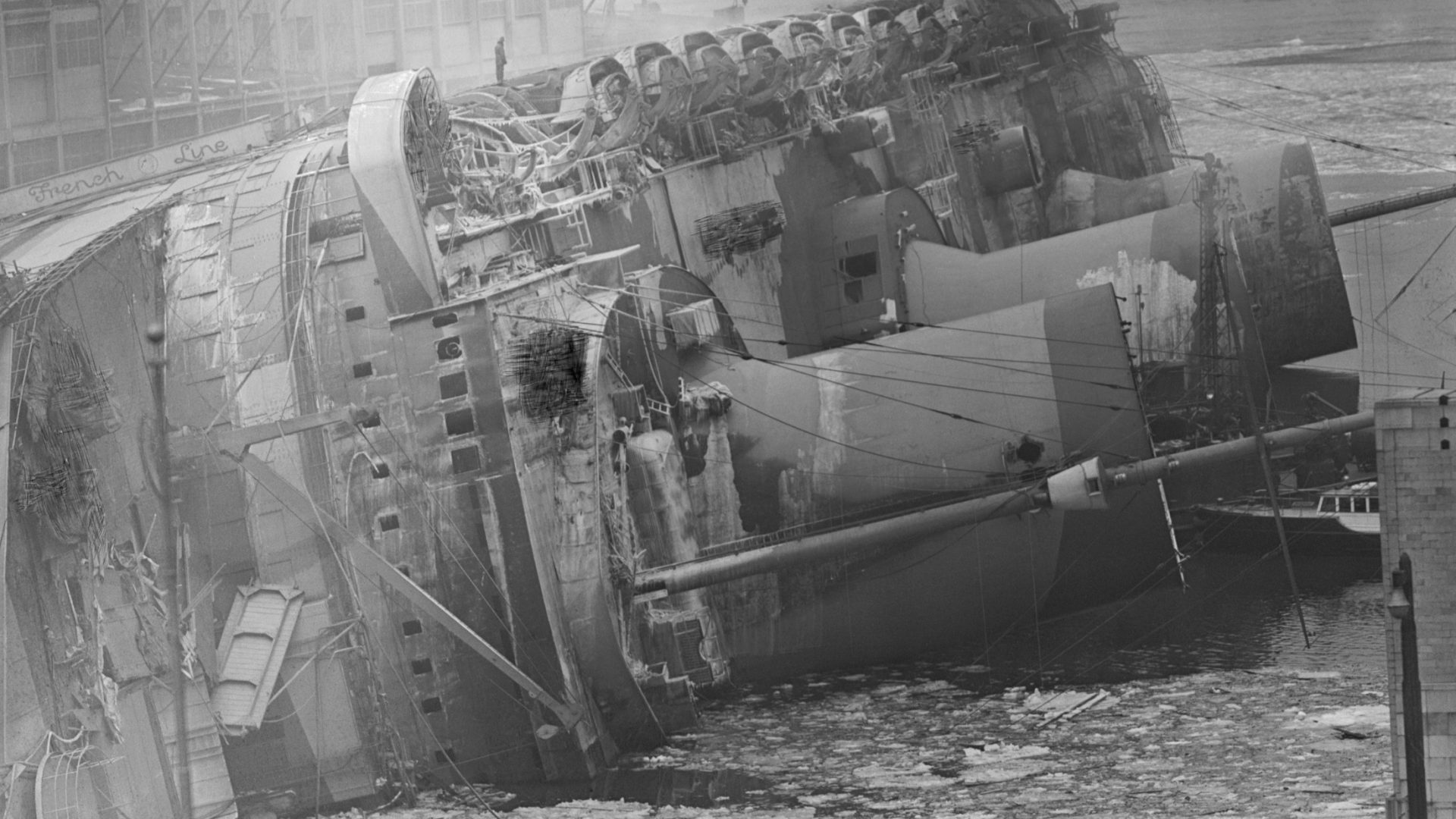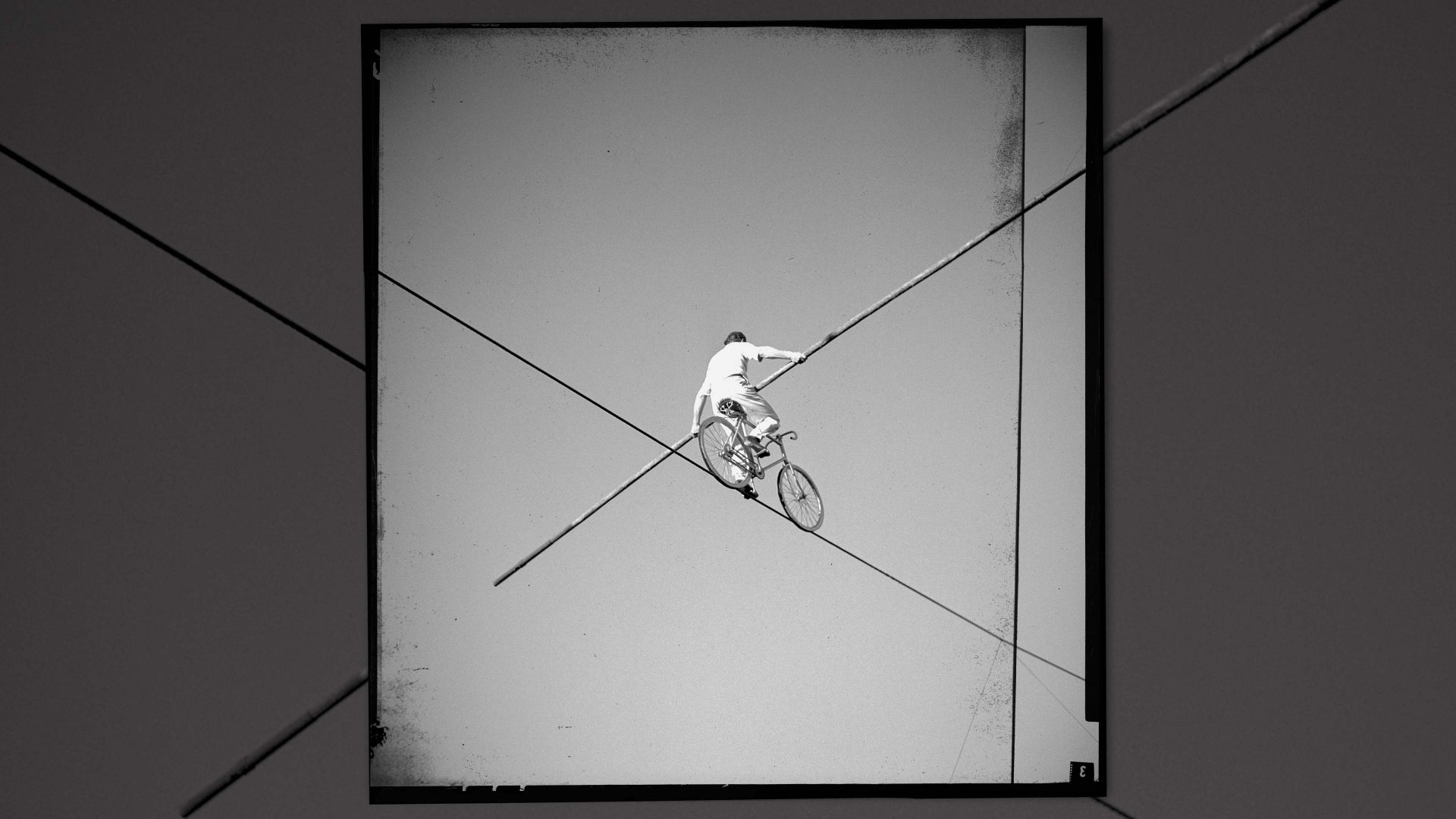I am a visiting professor in the department of war studies – not peace studies – at King’s College London, and after a career in UK defence, security and intelligence, the study of war makes me conscious of what we would need to know before encouraging a peace process to end Putin’s war of aggression.
An essential step is to lay bare the motives that the aggressor had for deliberately starting the war, despite the waste of human lives and destruction of physical and social capital that armed conflict always brings. We need to understand – from their perspective – the world views of the Russian president and his key supporters. That may not be easy. For those of us brought up in the liberal democracies, that means suspending our justified prejudice against those we blame for starting what we consider to be unjust wars, and for committing war crimes in the course of their military campaigns.
It is unlikely to be a pretty sight seeing the world through the eyes of a dictator who is pursuing an unjust and criminal war. We will ask ourselves, as we might after studying violent conspiracy theorists such as the most extreme adherents of QAnon, why anyone could hold such apparently irrational and at times abhorrent views. But without that effort at getting into the shoes of those making war, any attempt at making peace risks sliding into naivety, or being based on delusions about the motives that led the aggressor to act. Truly understanding others does not, of course, mean we have to end up agreeing with them, let alone conniving with them.
Puncturing the illusions that are held on both sides is a task that peacemakers will have to confront if an agreement is to bring a genuine end to war, even when neither side has imposed a decisive defeat on the other and neither appears to have lost the will to fight on. Otherwise, ceasefires, truces and agreements that attempt to freeze a conflict may offer respites for rearming and regrouping, before renewed, often more intense, fighting breaks out again.
History provides telling examples of the perceptual gap between adversaries. In a May 1981 closed-session meeting of Soviet leaders, the ailing General Secretary Leonid Brezhnev and KGB chairman Yuri Andropov (later to succeed him) said they believed that the US was preparing a first-strike nuclear attack on the Soviet Union. We know from MI6 agent Col Oleg Gordievsky, then acting head of the KGB residency in the Soviet embassy in London, that Andropov had therefore ordered the KGB to monitor for signs of imminent attack, including counting the number of lights burning at night in the Ministry of Defence in London. In the west it seemed inconceivable that the US president, Ronald Reagan, or British prime minister, Margaret Thatcher, let alone the French president, François Mitterrand, or the German chancellor, Helmut Kohl, would have entertained such a thought. They had many other priorities for their administrations, to put it mildly. Having worked inside Nato, to me it was impossible that the organisation would ever agree to initiate planning for an unprovoked attack on the Soviet Union. What’s more, it would have been impossible to keep such a plan secret.
Yet the Politburo members had been brought up to believe that war between capitalism and communism was inevitable. Since the balance of military and economic forces was seen to be moving to the west’s advantage, for Andropov an expectation of a sneak US attack would have appeared logical when seen within his paranoid ideological bubble. That is where secret intelligence can be so valuable in exposing such delusion – and it helped Reagan to recognise the danger of uncontrollable escalation that any conflict with the Soviet Union might bring.
When he was the MoD’s chief scientific adviser, Prof Hermann Bondi used to say that a nuclear power is a country that no one can afford to make desperate. That fear still constrains the nuclear superpowers today, as the war in Ukraine demonstrates. The US and Nato nations, although supporting Ukraine as the victim of aggression, have wisely not become combatants – a step that would lead to Russia’s rapid conventional defeat. Putin’s periodic nuclear sabre-rattling is no doubt his signalling that Nato must not forget the danger of escalation that would then follow. It is significant that he has himself held back from actions that would constitute an armed attack on a Nato member. But below that threshold, of course, in the so-called grey zone, the tide of conflict will flow on.
We cannot always be so fortunate as we were in the early 1980s in having high-grade human intelligence on the thinking of Russian leaders. Today, much of the information we need from inside Russia is available from open sources, such as BBC Monitoring. Not all, however. Secret intelligence, properly assessed, remains an essential stabilising factor in international relations since it helps to expose dangerous assumptions about the motivations of foreign leaders with very different views and cultural backgrounds.
Just over 40 years ago, the UK Joint Intelligence Committee commissioned a report by an experienced intelligence officer, Doug Nicoll, deputy director of GCHQ, into past intelligence warning failures, such as the 1968 Soviet invasion of Czechoslovakia, the 1973 Egyptian and Syrian attack on Israel, and Saddam’s 1990 invasion of Kuwait. The inquiry found that one of the principal culprits was mirror imaging – that is, imagining that a dictator would make the same types of calculations as we would, for example in weighing up international opinion and the prospect of sanctions. The JIC report went on to identify a common failing on the part of well-educated western diplomats and officials – they did not believe that, in the modern era, wars of conquest could be started deliberately as an act of policy.
Before 9/11, few believed Osama bin Laden and Ayman al-Zawahiri could possibly be serious in their openly expressed intent to use terrorism to recreate the ancient caliphate, taking in the lands of southern Spain and Israel. In the case of Ukraine, before the 2022 invasion, how much notice did we take of Putin’s writings on the historical unity of Russians and Ukrainians and the common spiritual and moral space he saw as occupied by Russia, Ukraine and Belarus? Inside such a world view, Ukraine has no right to an identity outside the Russian empire.
When Putin recalls the deeds of Tsar Peter I and also Alexander, who was emperor of Russia, king of Poland and grand duke of Finland, he is manifesting an extraordinary ambition for Russia that recalls Stalinist nationalist imperialism. He acts as if it is Russia’s messianic destiny, supported by the Russian orthodox church, to shield itself from the influence of the decadent west.
Early in 2022, the German and French governments could not bring themselves to believe that Putin would resort to open warfare to remove the government of Volodymyr Zelensky, especially after Putin had told the French president that he had no such intention, assurances that were given almost certainly after he had privately made the decision to invade. The US and UK intelligence communities had, however, correctly estimated that the Russian forces surrounding Ukraine would be ordered to overthrow the government in Kyiv. Making that intelligence public helped to frustrate that part of Putin’s plan.
By any such analysis the Russian war is an unjust war and we are justified in helping the Ukrainians to resist. But there will be a huge human cost for Ukraine (and Russia) as the war continues through next year and beyond. Hence the natural desire of third countries to try to broker a ceasefire.
But even if the conflict were to be frozen in some brokered peace, we must expect fighting to break out again unless there is evidence of a very different outlook being adopted in Moscow. Negotiations would have to deliver enough for all sides to have an off-ramp, including side agreements to sweeten a deal. As in any negotiation, if an unequal settlement were to be forced upon the parties, then the one that sees itself as coming off worst will try to recoup its perceived losses, either by reneging on the deal or by continuing the conflict by other means. The economists’ maxim is to let bygones be bygones, look only to the benefits and costs from now on and forget the sunk costs of the past. That is no comfort when so much blood has been spilt. Blood will exact its own price in a public mood demanding that aggressors pay for their crimes.
Finally, as we focus on Ukraine, we should keep a wary eye open for “slow burn” conflicts elsewhere that may burst out into war. Some problems can smoulder for years in plain sight, their seriousness not recognised – or ignored – until some set of circumstances turns them into a full-blown crisis. The most obvious example is the deteriorating state of US-China relations, based on both real and imagined fears on both sides, including risks to changes in the status of Taiwan.
Finally, let us not forget that major risks to human wellbeing do not just come from malign threats from autocratic states and non-state groups, but also will arise from major hazards such as climate change, with extreme weather events leading to bitter conflicts over resources, including water and food, across much of the globe. If we want to reduce the level of global conflict we must be clear-headed about the causes of conflict. If that sounds pessimistic about the prospects for peace, I would cite Gramsci’s 1920 motto for revolution: “Pessimism of the intellect; optimism of the will.”
David Omand appears at How the Light Gets In on Sunday Sept 24 at 2.30pm, in a discussion titled “In Pursuit of Peace”



